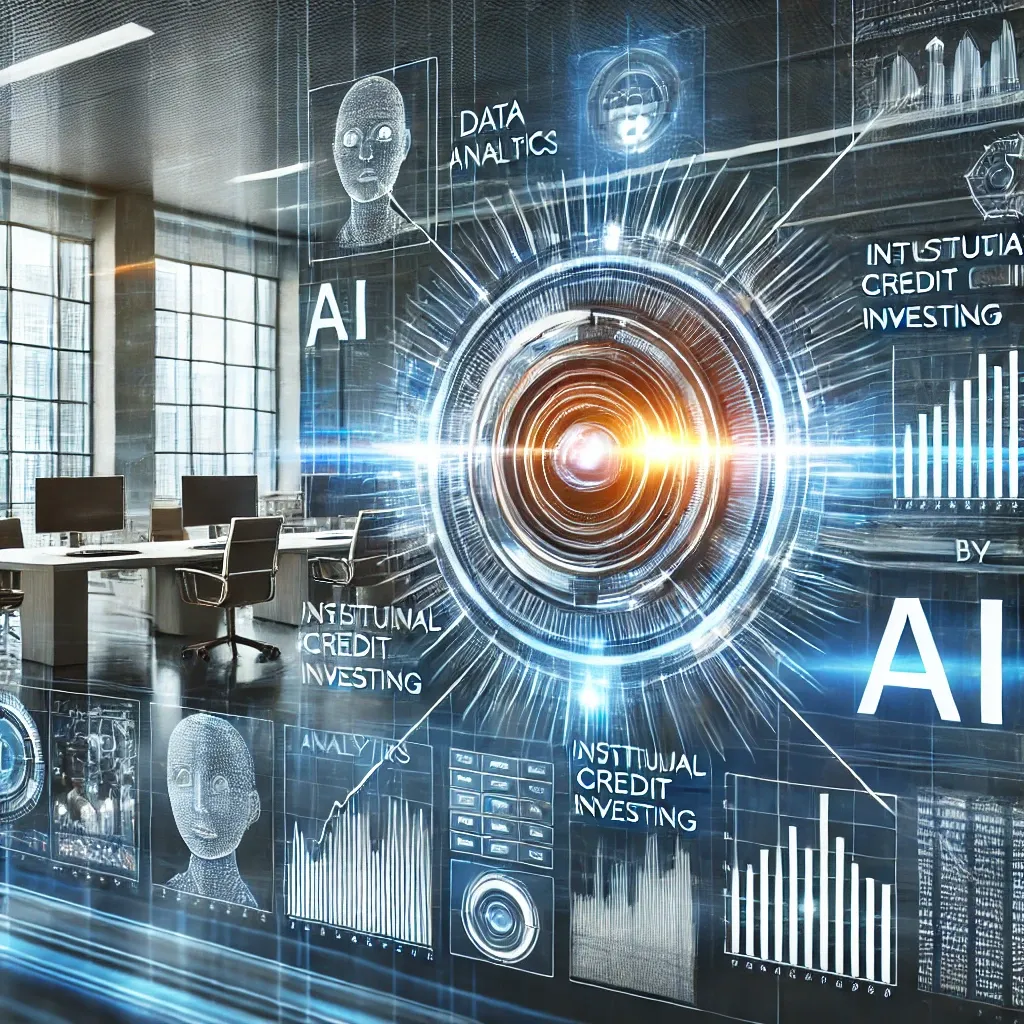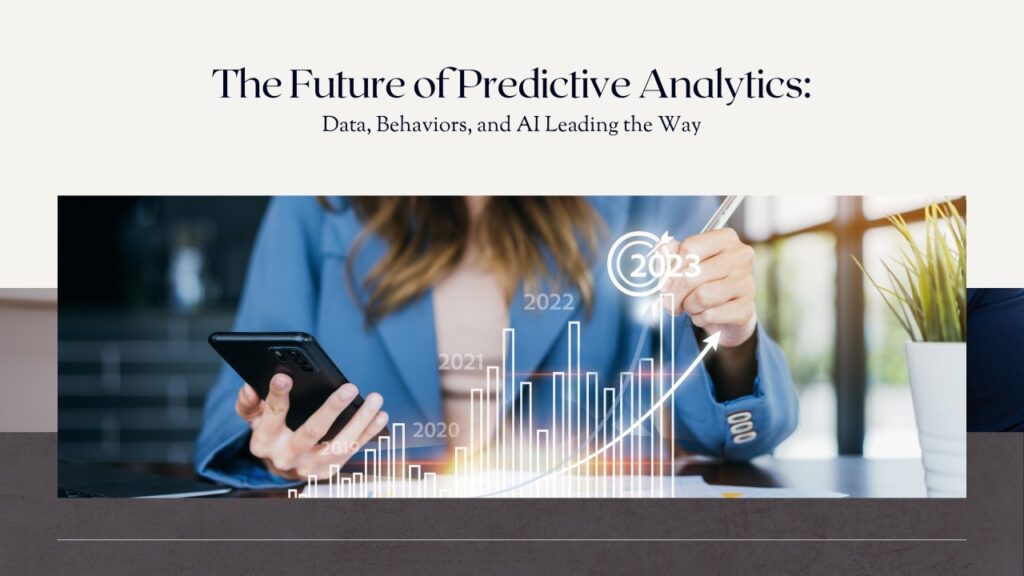Data analytics is changing rapidly. Artificial Intelligence (AI) is at the forefront of this change.
AI is transforming how businesses handle data, making processes faster and more efficient. In today’s digital world, data is everywhere. With the rise of AI, analyzing this data has become easier and more accurate. AI helps in predicting trends, spotting patterns, and making decisions.
It saves time and reduces human errors. Companies can now understand their customers better and improve their services. AI-powered tools are becoming essential in data analytics. They are not just for large corporations but are also accessible to smaller businesses.
As AI continues to evolve, the future of data analytics looks promising. This blog will explore how AI is leading the way in data analytics.

Credit: www.xybion.com
Introduction To Data Analytics Evolution
Data analytics has changed a lot over the years. Traditional methods used simple tools and human effort. Now, AI helps us understand data faster. AI can find patterns that humans miss. This makes decisions smarter and quicker.
Data analytics is very important for businesses today. It helps companies know their customers better. Businesses use data to improve products and services. This leads to more sales and happier customers. AI makes this process even better.
Ai’s Role In Data Processing
AI helps to gather data fast. It can collect data from many sources. This saves a lot of time. People don’t need to do this work anymore. Machines can do it better and faster. No need to worry about mistakes. AI makes sure the data is good. It also keeps updating the data. This way, the data stays fresh and accurate.
AI makes data more accurate. It checks for errors. If it finds any, it fixes them. This means the data is more reliable. People can trust the data. AI also finds patterns in the data. These patterns help people make better decisions. Accurate data is very important. It can lead to better outcomes.
Machine Learning In Predictive Analytics
Machine learning helps in predictive analytics. It uses past data to predict future events. This helps in making better decisions. Businesses can now forecast trends and stay ahead.
Forecasting Trends
Forecasting trends is now easier. Machine learning models analyze huge data sets. They find patterns and predict what will happen next. This helps companies plan for the future. They know what products will sell. They understand market demand.
Risk Management
Risk management is crucial. Machine learning identifies potential risks. It detects anomalies in data. This helps in preventing fraud. Companies can save money and protect their assets. Machine learning makes risk management more efficient.
Natural Language Processing For Better Insights
Natural Language Processing transforms data into actionable insights. AI is driving advancements in data analytics, making predictions more accurate and efficient. Businesses can now make smarter decisions based on clear data interpretations.
Understanding Consumer Sentiment
Natural Language Processing (NLP) helps understand consumer sentiment. It reads and interprets text data. This can be from social media, reviews, or surveys. NLP finds the mood in the words.
Is it happy, sad, or angry? Businesses can then see what people feel about their products. This helps them make better decisions.
Improving Customer Experience
NLP can improve customer experience. It helps in chatbots and virtual assistants. These tools understand and respond to customer queries. They give quick and accurate answers. This makes customers happy. NLP also helps in personalizing content.
Customers get messages and offers that suit them. This makes them feel valued.
Ai-driven Data Visualization
Interactive dashboards help users explore data easily. AI makes these dashboards smarter. It can suggest the best charts and graphs. Users can find patterns faster. This makes decisions better and quicker.
Real-time analytics show data as it happens. AI processes this data quickly. It finds trends instantly. Businesses can react in real-time. This helps in making timely decisions. It improves efficiency and outcomes.
Big Data And Ai Integration
AI can manage very large datasets. It is very good at finding patterns. This makes data analysis much faster. Traditional methods take a lot of time. AI saves hours of manual work.
AI tools can scale easily. They handle more data as it grows. This makes them efficient. Businesses need this for growth. AI helps them stay ahead.
Ethical Considerations In Ai Data Analytics
Exploring ethical considerations in AI data analytics is crucial. Ensuring privacy and fairness in AI-driven insights shapes a responsible future for data analytics.
Data Privacy Concerns
Data privacy is very important. AI systems collect a lot of data. This data includes personal information. Protecting this data is crucial. Misuse of data can harm people. Companies need to ensure data security. They must follow strict rules. Encryption can help protect data.
Regular audits are necessary. These audits check for any weaknesses. Strong passwords are also important. Educating users about data privacy helps too.
Bias And Fairness
AI can have biases. Biases affect fairness. They can harm certain groups. Training data can cause biases. Diverse data sets reduce bias. Regular checks are needed to spot biases. Fair algorithms are crucial. They help treat everyone equally. Companies must work on this.
Bias-free AI is very important. It ensures fair treatment. Everyone deserves fairness. AI should be checked often. This keeps it fair and unbiased.
Future Trends In Ai And Data Analytics
AI algorithms are getting better every day. They can learn from data faster. They also make more accurate predictions. This means businesses can make better decisions. These algorithms are also becoming more user-friendly. Even people with no tech skills can use them. This is making AI more popular in many fields.
AI is changing many industries. In healthcare, AI can predict diseases early. This helps doctors treat patients faster. In finance, AI helps find fraud. This saves banks a lot of money. In retail, AI helps stores understand what customers want. This means better products and happier customers.

Credit: hiretop.com
Frequently Asked Questions
What Is The Role Of Ai In Data Analytics?
AI enhances data analytics by automating data processing, identifying patterns, and predicting trends. It increases efficiency, accuracy, and provides deeper insights. AI-driven tools can handle large datasets effortlessly.
How Does Ai Improve Data Accuracy?
AI improves data accuracy by eliminating human errors, ensuring consistent data processing, and validating data through advanced algorithms. It helps in maintaining high-quality data for better decision-making.
Can Ai Predict Future Trends In Data Analytics?
Yes, AI can predict future trends by analyzing historical data and identifying patterns. This predictive capability helps businesses anticipate changes and make informed decisions.
Why Is Ai Important For Big Data?
AI is crucial for big data because it processes vast amounts of data quickly and efficiently. It uncovers hidden insights, enabling businesses to make data-driven decisions.
Conclusion
AI is reshaping data analytics. It makes complex tasks simpler. Businesses gain insights faster. The future holds more advancements. Staying updated is key. Embrace AI tools now. They boost efficiency and accuracy. Data-driven decisions become easier. The journey has just begun.
Stay informed, stay ahead.
